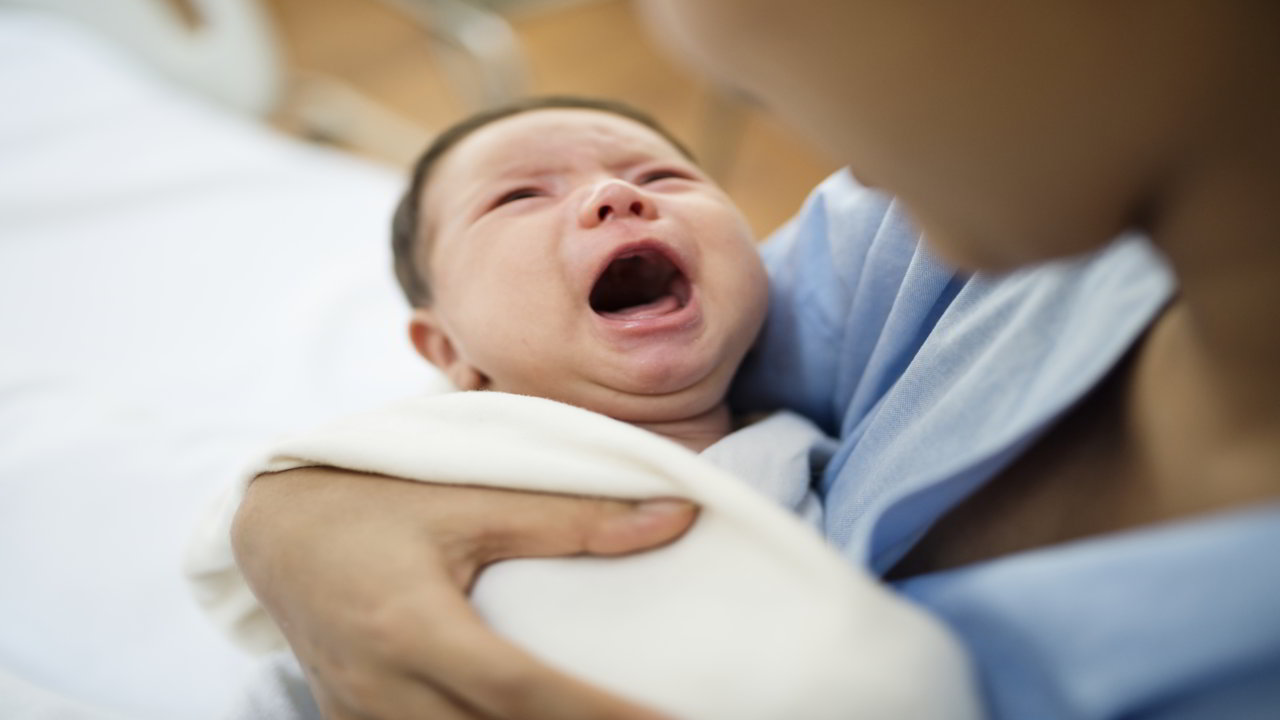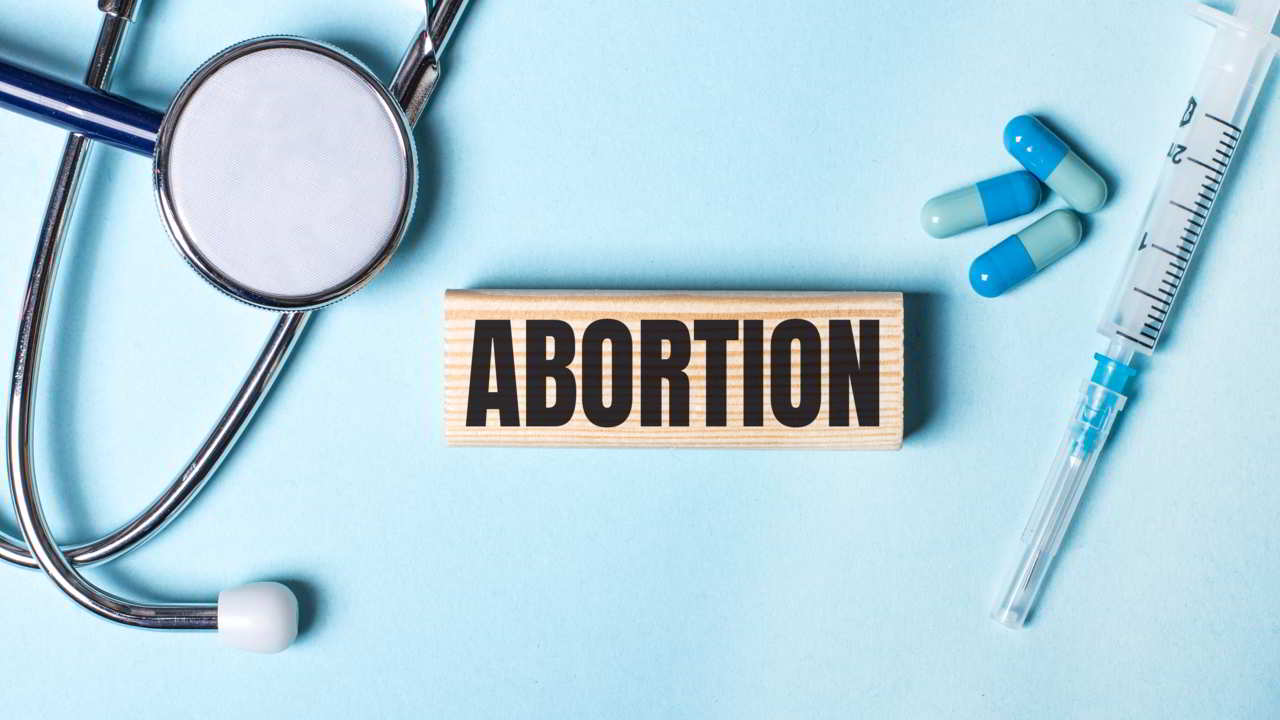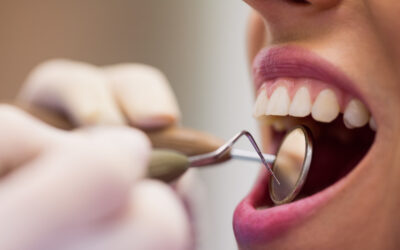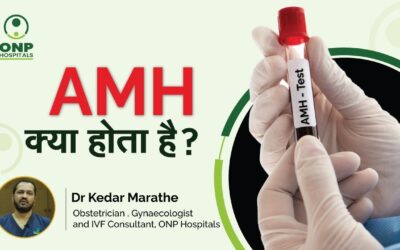Introduction Welcome to ONP Hospital, where the future of neonatal care unfolds within our state-of-the-artNeonatal Intensive Care Unit (NICU). Our commitment to delivering the highest standard of carefor our tiniest patients is evident in the cutting-edge technology,...
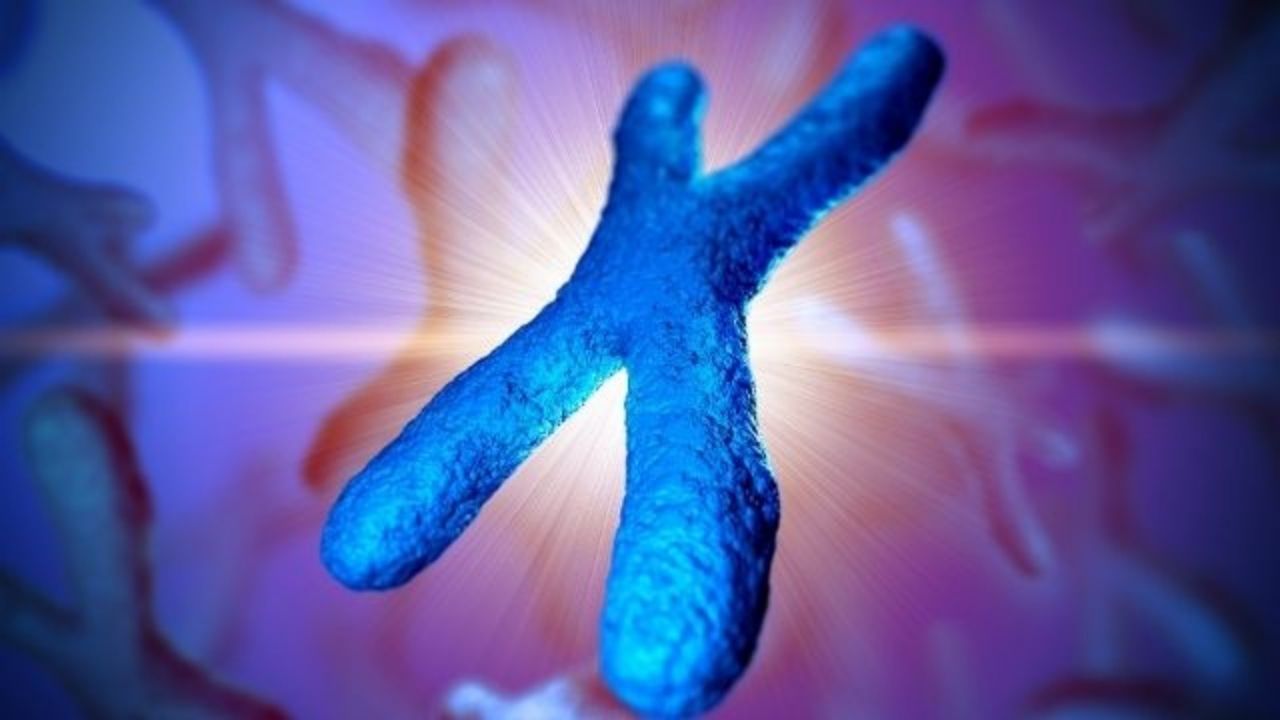
Overview
Cells are the building blocks of the human body. A nucleus has always been located in the center of every cell, while chromosomes are present within the nucleus. Chromosomes remain significant because they include genes that define one’s bodily features, blood group, and even risk to specific diseases. Every cell within the human body generally has 23 sets of chromosomes, for a combination of 46 chromosomes; each carries around 20,000 — 25,000 genes. 50% of a human’s chromosomes come from the mother’s eggs and the other part from the sperm of the father.
Everything You Need To Know About Chromosomal Disorder Pregnancy
What Are Chromosomal defects?
Chromosomal irregularities are chromosomal variations that can occur throughout growth. They might be “de novo” (fetus-specific) or acquired from a mother or father. Irregularities are classified into two types: numerical as well as structural.
- Numerical Abnormalities: The term numerical relates to the concept when there are fewer chromosomes than predicted, there might be greater or fewer. It is generally known as aneuploidy. Every case has its term:
- Trisomy- Chromosomes determine all of it, from our eyes and hair color to certain illnesses we are prone to when we develop. We, individuals, possess 23 sets of chromosomes within our DNA. Trisomy seems to be a biological condition where an individual has three duplicates of a chromosome rather than the usual two.
- Monosomy- Aneuploidy is indeed a form of monosomy. All chromosome pairs do not produce viable embryos when one of its chromosomes is absent at the time of development. The sexual chromosomes are an alternative to this concept. The X chromosome conducts most tasks by itself among men, while the Y chromosome contains few active genes.
- Structural Abnormalities: A structural irregularity occurs whenever the chromosome’s composition causes a problem. Structural irregularities can develop in a variety of ways:
- Translocation- A chromosomal fragment gets moved to the other. (This might be the Robertsonian rearrangement, where a chromosome connects to the other, or a reciprocal translocation, in which two chromosomes get exchanged.)
- Duplication- A chromosome gets duplicated, bringing to more genetic material.
- Deletion- A chromosomal segment has been removed or is lacking.
- Inversion– A chromosomal fragment splits off and flips upside down before reattaching to the main structure.
- Ring- A circle or loop forms when a piece of one chromosome rips off.
What Causes Chromosomal Abnormalities?
Cell differentiation which does not happen as expected results in chromosomal disorders. Mitosis and meiosis are by far the most common method of cell division. Mitosis occurs whenever a cell with 46 chromosomes divides into two. Every cell must contain 46 chromosomes.
Our bodies are composed of cells that have developed as a result of mitosis. Every cell splits exactly two parts during meiosis, yet every part contains 23 chromosomes. Meiosis seems to be the process through which sperm and eggs develop in sexual organs.
A chromosomal abnormality occurs when mitosis and meiosis produce a different proportion of chromosomes as anticipated.
Risk Elements
Certain variables may raise the likelihood of something like a chromosomal abnormality. The ages of the father and mother are yet such factors to evaluate. Women above the age of 35 are more likely to have a chromosomal disorder.
Even though there remains contradictory data and much more to understand about extended father seniority (age 40 or older), there is proof of elevated chance for chromosomal abnormalities. Environmental variables, such as prenatal drugs, may also have a role in chromosomal irregularities.
Chromosomal Disorder Pregnancy
Chromosomal Disorder pregnancy is a situation where the developing fetus has some chromosomal disorder. The most common is Down Syndrome, where an extra of chromosome 21 is present. It can affect the baby after birth as short height, upper slant to the eyes, poor muscular tone, and broad furrow across the center of the hand.
The origins of Down syndrome remain unknown; however, scientists have discovered a consistent relationship between increased mother’s age and trisomy 21.
Some other chromosomal disorders can include Turner Syndrome, Klinefelter Syndrome, Trisomy 13, Trisomy 18, Triple X Syndrome, Fragile X Syndrome, and more.
If the baby is having some chromosomal anomaly or suspected to have one, then amniocentesis during pregnancy can provide final diagnosis to relieve anxiety.
Conclusion
It might be challenging to know regarding chromosomal issues during pregnancy. However, screenings throughout the initial trimester give insight into growth or problems. The best way to reduce the risk of such abnormalities during pregnancy is to opt for genetic or pre-conception counseling before conception. It provides additional data for individuals wanting to conceive a baby.
If you wish to know more about any disorder in detail, book an appointment with our experts.
Sub Services
What Patient has to say about us
People heavily rely on reviews from other patients when choosing a healthcare provider
Our Patients Many many happy returns of the day......... The best doctor in the world My mother was suffering from severe pain in both knees and spine. Dr. Aashish arbat sir has operated today after 15days she is doing every thing thank you Dr aashish arbat sir and team Especially the major support was from Dr Ram sir from admission to dischatge and follow ups and taken care very nicely thanku Dr. Ram sir Our Patients After enduring knee pain for the past decade, my mother sought advice from various doctors in Nagpur, Nashik, and Pune. They all recommended knee replacement surgery, but it was only when we discovered Dr. Aashish Arbat and the option of robotics surgery that we made the decision to proceed. The surgery took place on June 23, 2023, and it turned out to be an incredible experience. To our astonishment, on the morning of June 24, my mother was able to stand on her own legs and even take a few steps. This remarkable progress was made possible due to the advanced assistance of robotics arm and Artificial Intelligence. Dr. Aashish Arbat is an exceptional and highly experienced surgeon, and we are immensely grateful for his expertise. We also extend our appreciation to his colleagues, Dr. Sharma and Dr. Ram, for their excellent skills and compassionate nature. Our heartfelt thanks go out to the entire team for enabling my mother to live a pain-free life Our Patients My mother got her both robotic knee replacement from sir on Oct 2021. The team and sir have made the complete process seamless. Especially my mother was very comfortable post her surgery. Thank you Dr Arbat and team. Our Patients Our Patients Our Patients Hello. My wife has severe arthritis in her body knees since 2017. We communicated many doctors but she was not happy. We visited Dr arbat for same issue and he came up with robotic knee replacement solution which suited her accurately and she is walking 5-6km daily without hesitation and living comfortably. Thanks Dr. Aashish Arbat and his new technology.Chhaya Kate
pravin kharat
T Srivalli
Mohan Satavekar
VIVEK PANDEY
Subhash Bobade
Blogs
Transformative Care: Navigating the State-of-the-Art NICU Facility at ONP Hospital
Introduction Welcome to ONP Hospital, where the future of neonatal care unfolds within our state-of-the-artNeonatal Intensive Care Unit (NICU). Our commitment to delivering the...
Plant-Powered Health: Exploring the Benefits of a Vegetarian Diet
Introduction The debate between vegetarian and non-vegetarian diets has been ongoing for years, with both sides presenting their arguments. However, a growing body of scientific...
Battling Oral Cancer and Tobacco: Understanding Treatments, Diagnosis & Prevention
Introduction Oral cancer, a type of head and neck cancer, is a serious and potentially life-threatening condition that affects various parts of the mouth, including the lips,...
Videos
Dr. Amita Phadnis’s Full Speech on Survival & Health Rights at UNICEF India.
Dr. Amita Phadnis ,M.D., Gave a Motivating Speech
Breast cancer is cancer that forms in breast cells. Women are mostly diagnosed with this cancer. Although it can be seen in both men and women
What is AMH
The granulosa cells in your ovarian follicles create the anti-Mullerian hormone, often known as AMH. According to the American College of Obstetricians and Gynecologists (ACOG), the generation of AMH is a reflection of your ovarian reserve.
FAQ’s
Pregnancy and Migraine Headaches: What Women Need to Know
When you are pregnant or breastfeeding, then you should be aware that migraine headaches are a normal part of the journey. Pregnant women might feel headaches owing to...
What Is the Problem of Orthopedics in Children?
While orthopaedic problems are commonly seen in and associated with the elderly, it’s important to be alert regarding the fact that they can afflict young people and children as well.
All You Need to Know About Reproduction
Most science students have to study about reproduction in their high school syllabus, and some learn from their parents, who may discuss it even earlier. It’s a very good thing to know about our own bodies…

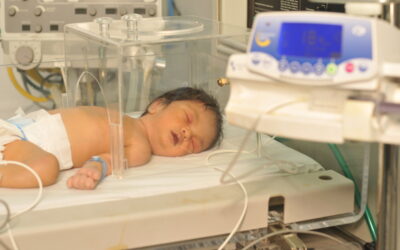

 Home
Home Pregnancy
Pregnancy
